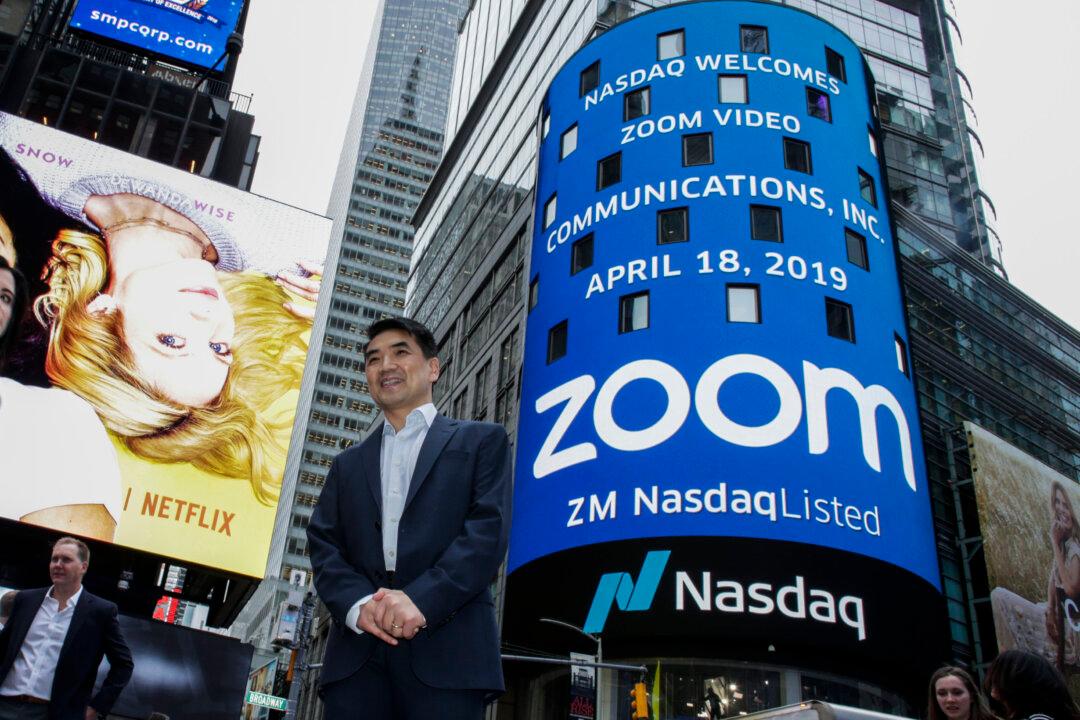A group of 19 House lawmakers is requesting information from video conferencing platform Zoom amid scrutiny of the company’s privacy practices, as more Americans turn to the platform to facilitate the need to work from home.
In a letter addressed to Zoom CEO Eric Yuan on April 3, the Democratic lawmakers from the House Committee on Energy and Commerce asked him to “shed light” on the company’s data collection practices, including information on attendee attention tracking, cloud recording, and automatic transcriptions of conferences.




